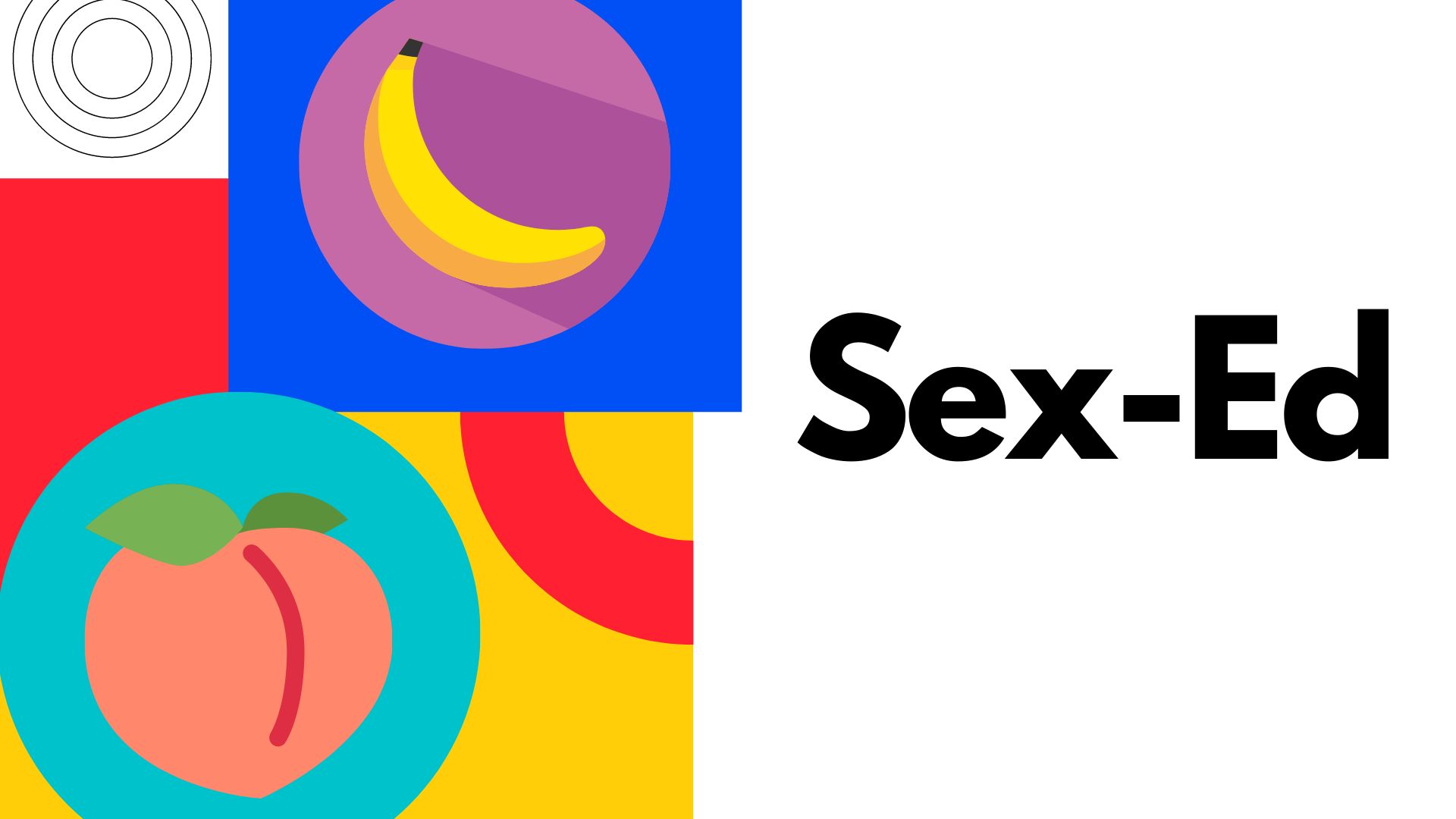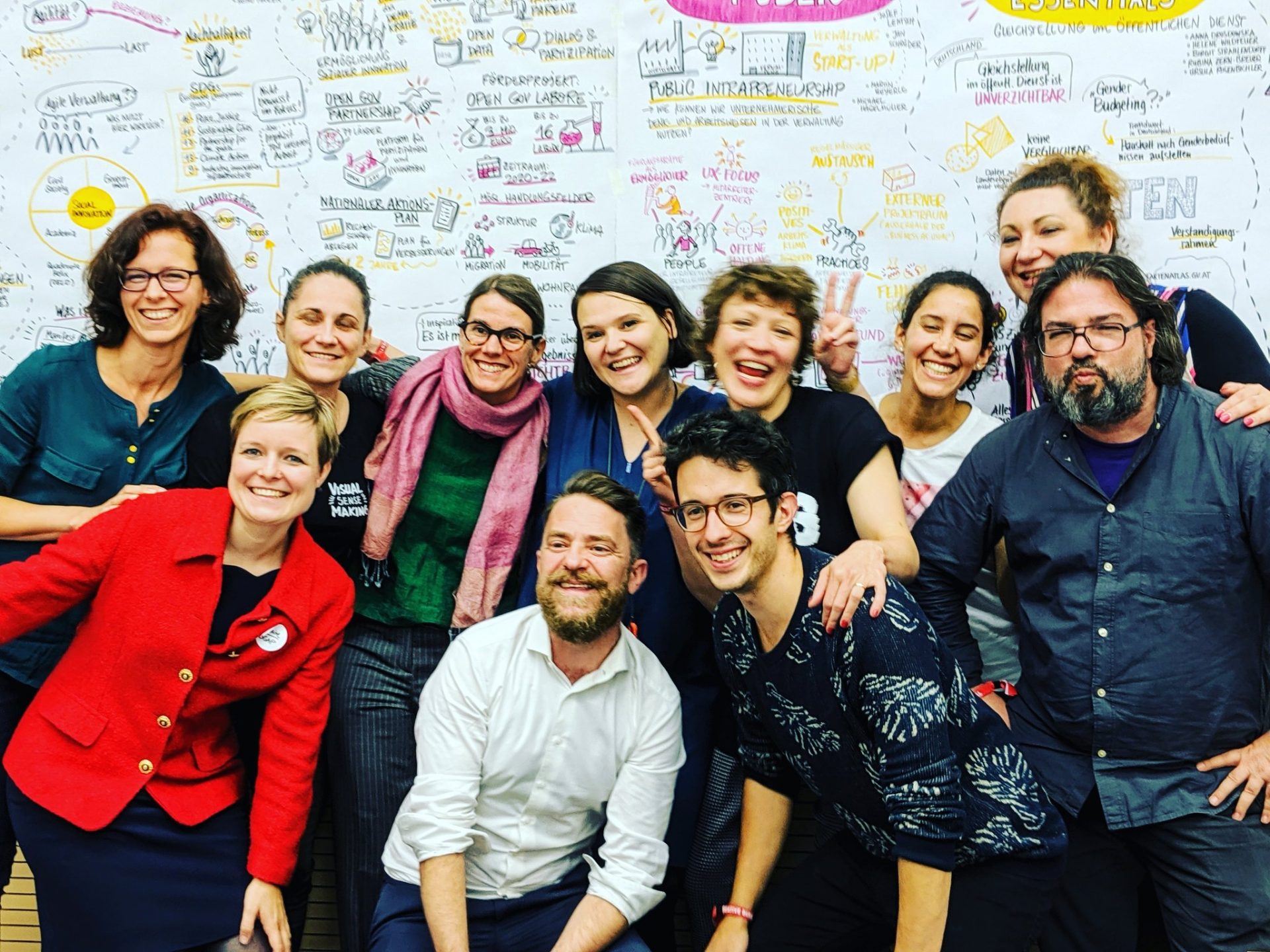
Chosen design research
We chose the design research called Design Thinking on Sex Education by UX planet, the design agency to provide non-stop solutions for a user experience. The client is the Spanish Ministry of Education, and this project offered young people the Sexual Education they deserve for.
UX planet set up the goal to allow kids to gain emotional experience and self-esteem in a balanced, healthy way. To achieve this, here are the design processes they executed; Research, Ideation, Creation, and Conclusion.
They started from research, including the framework of 6 phases of design thinking; empathize, define, ideate, prototype, test, implement Design Council’s Double Diamond, and use quantitative and qualitative research methods.
The key insights they defined after research:
- Having a good Sex Education is crucial to kids from an early age; it helps them define themselves, understand and respect other realities and have better relationships in the future.
- Sex education is not just about condoms; it teaches about emotions, self-esteem, biological facts, etc.
- It should be a core subject at schools, such as language or mathematics.
- There are many platforms, apps, games, talks, etc., about sex education, but it is not sufficient; most people don’t know about them.
- Parents feel that they don’t have the tools & knowledge to help and educate their kids.
(Cruz L, 2020, Design Thinking on Sex Education)
After defining the insights, to find a solution, UX planet uses a creative methodology called MoSCoW; it consists of Must, Should, Could, Won’t have. And they created the MAS, a Museum for Sexual Education (Museo del aprendizaje de la Sexualidad).
Making a temporary exhibition that would tour the biggest cities in Spain. This interactive museum is divided into three different age paths:
- 6 to 10 years old
- 11 to 15 years old
- 16 to 20 years old
(Cruz L, 2020, Design Thinking on Sex Education)
Therefore, Kids would have to participate with permission from their parents, and each path made for proper age. This means they provide information about the emotion, parts of the body, and relationship by active methods.
In this interactive museum, kids can sit and watch a visually appealing video, mirrors, play short games, and touch, feel, and interact with multiple materials to discover through senses where the visitors will be able to. It allows kids to learn about any topic about the subjects, including the human body, Gender equality, and contraceptive tools. UX Planet tried to make it all in a ludic way, making young people feel comfortable with their bodies.
Outcome of research
The outcome of UX Planet’s research showed that there is a great demand for children to be appropriately educated about sex. Education goes beyond contraception and biological facts. Furthermore, they confirm that parents are often uncertain and unequipped about approaching the topic. This is also the gap we have noticed while researching and why we find it crucial to support children and the parents with our project. Parents‘ trust is essential to convince them that our project benefits their children.

Our purpose
We believe that implementing this Sexual Educational tool in young people’s lives can shift the mentality and phobia people have on this topic. Additionally, educating young people from a young age gives them the power to understand their bodies and their counterparts, but it also allows them to learn to respect them. Moreover, it is essential to inform the parents and the teachers to properly educate children and young adults.
Finally, the long-term goal is to have sexual education implemented in the swiss schools‘ curriculum.
The main challenge
Based on research material, Switzerland’s main issue regarding sexual education is that the Swiss tend to be more traditional, cautious, and guarded when it comes to such a delicate topic. This is also reflected in their children’s upbringing and view on school education. In Switzerland, sexuality education commences mainly around secondary school, although there are differences between the cantons. Sex education seems to be a very delicate topic because it includes emotions, morals, society, and religion. The more conservatives are worried that introducing sex education at a young age dangers innocent minds.
Furthermore, parents seem to want to take responsibility for explaining this topic to their children, yet it is questionable if and how well this is done. Therefore the challenge is to change the typical Swiss mindset about a topic that seems to gain importance and interest within the younger generation. On the one hand, to end the taboo on this topic and pass on learnings and understandings that last a lifetime.
The first contact
- The organization gets in contact with the schools
- The organization sends learning material and permission slips to the parents through email
- Students will have contact with professionals during the field trip

The Idea
The idea is to create a sexual education workshop. Based on a current workshop being implemented in the UK and a Design Thinking research conducted on sexual education, we have decided to take a similar approach, mirroring their interactive methods and applying our findings. Furthermore, our workshop will prepare the students to know how to act when being put into a difficult position. For instance, we will give the children a role to play and place them in situations that could occur at a party, with friends, or with family. Doingandto so will prepare the student for real-life-situation and allow them to create their strategies. Additionally, this will help them understand the importance of consent and respect for one’s body. Finally, in the workshop being ideated, we want to educate the parents by sending them a brochure with educational tools and resources to best help and guide their children in topics outside of their knowledge realm.
Workshop’s outcome
Give proper education to Swiss students who may not receive this topic-specific learning through their conservative parents. Additionally, by educating students at a young age about their sexuality, a new generation of educated individuals will emerge, allowing for a more open and knowledgeable society.
How our idea links with the chosen design research
The mentioned design thinking research targets similar groups like our project: children, parents & educators. In their case, the client is the Ministry of Education of Spain. Like Switzerland, sex education in Spain is not a core subject like maths or science. This means legal issues are also an obstacle to their ideation of the project. Although they aim for sex education to be a standard subject in schools, we found out that this is a rather complicated procedure based on regulations on a cantonal level, which could be fully implemented in the future.
The design research concluded that parents do not feel as if they have the tools or knowledge to educate their kids. Our study stated that Swiss parents feel as if it is their responsibility yet lack in the execution. Therefore, we recognize the importance of parents’ education and implemented the workshop. To educate their children, we want the parents to inform them what topics will be discussed concisely.
Visiting a workshop outside of the school surroundings affects children’s motivation and eagerness. Additionally, it is a welcomed change to be educated by an expert besides the known teachers. Stepping outside the comfort zone can also mean step outside the school grounds and being open to experience, and gaining new insights and knowledge. The design research is doing the same by creating a museum that gives children a chance to interact and engage in a playful, active, and modern way. Traditional wooden intimate toys and outdated explanations are no longer captivating and enough. In these fields, we observed the same, which is why we would plan an excursion with the children to expand to a new surrounding and new knowledge.
In summary, the design thinking research is very thought out and easy to grasp, which makes us hopeful and confident that our sex education would be welcomed by Swiss schools, parents, and schools.
Written by: Lea Hollenstein, Zirzareth Molina, Marina Praxedes, Kaho Sakuta

References
Cruz, L. (2020, April 15). Design Thinking on Sex Education – UX Planet. Medium. https://uxplanet.org/design-thinking-on-sex-education-1f851dd760ea
